
It’s easy to see why protein shakes are popular. They’re simple and the protein they contain might support your health, promote weight loss, help with muscle building, and more. But, like many foods, protein shakes have some issues too. So, are protein shakes good for you or not?
Before we get into that, let’s talk a little about the idea of the shakes. They’re mostly used as an easy way to increase your protein intake. After all, while there are many protein-rich foods out there, it takes time to shop for ingredients, prep a meal, cook it, and eat it.
Shakes, on the other hand, don’t take long to make and can be consumed in just a few minutes. If you want more nutrients, you can expand on the idea and make a protein smoothie instead.
Are Protein Shakes Good For You?
- Homemade Protein Shakes Versus Pre-Prepared Shakes
- The Benefits Of Protein Shakes
- The Health Risks Of Protein Shakes
- How Do You Get The Most Out Of Protein Shakes?
- Final Thoughts
Homemade Protein Shakes Versus Pre-Prepared Shakes
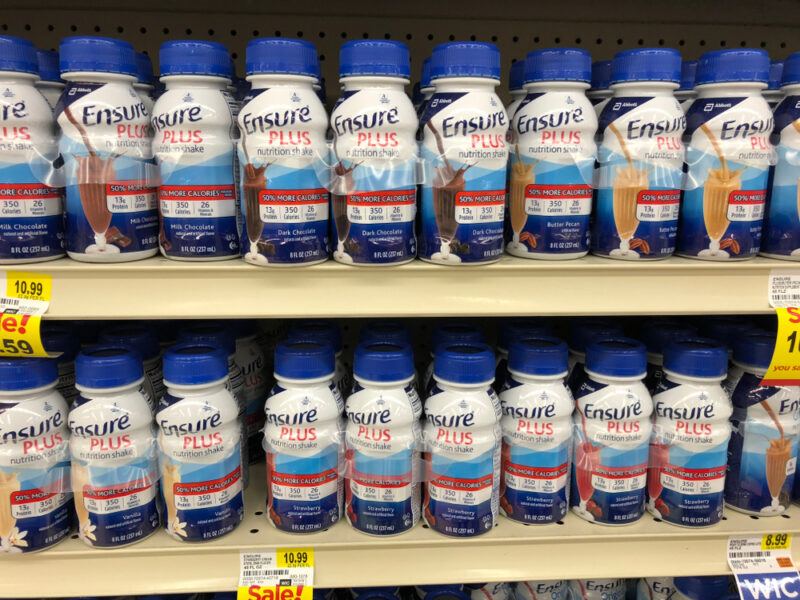
Before we dig into the benefits and risks, we need to talk a little about the types of shakes. This is crucial, as whether shakes are good for you is influenced exactly what you’re drinking. In fact, some shakes are much healthier than others.
Protein shakes come in two forms. The first are the ones you make at home, normally with protein powder. These can be as simple as mixing the powder with water, milk, or plant-based milk.
If you use a shaker bottle, then you can take the entire drink with you on the go.
The nutrients in the shake will be influenced by the type of protein powder you use and the liquid you mix into it. For example, whey protein is often recommended for muscle development, while a plant-based protein powder like soy or rice would be more relevant for vegans.
Other products are pre-prepared, like Ensure, Muscle Milk, and Premier Protein. They’re often sold in boxes with half a dozen or more small bottles, You simply drink them as-is, which makes them incredibly convenient.
Many pre-prepared protein shakes are designed to be shelf-stable, so they don’t need to go in the fridge. While this is a useful feature, it does mean that the shakes are highly processed.
The pre-prepared shakes use the same sources of protein as the protein powders. However, it’s sometimes difficult to work out exactly what they contain, as the ingredients labels are long and complicated.
The Benefits Of Protein Shakes
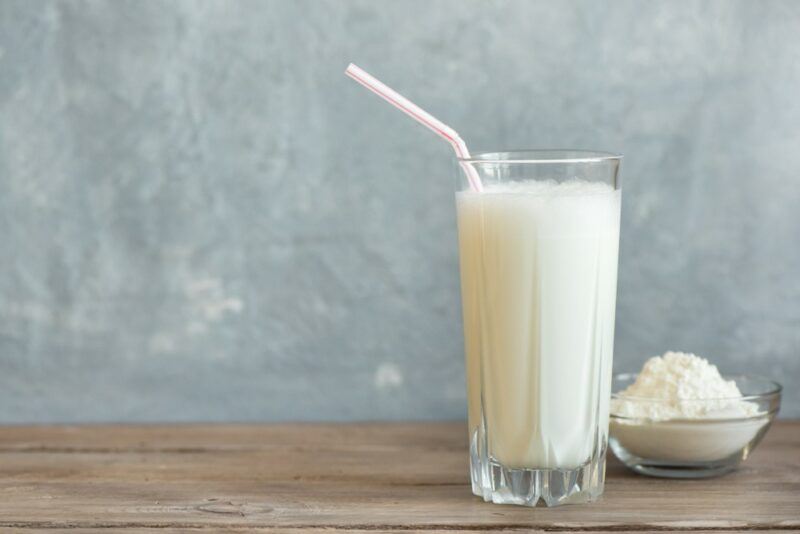
They’re Easy To Use
Protein shakes are one of the easiest ways to get a boost of protein and nutrients all at once. After all, drinking a shake is much faster than eating a meal and preparing a shake is as simple as mixing the powder with milk or water (or buying a pre-prepared product).
This convenience is why many people drink protein shakes for breakfast. What could be better than a filling breakfast that only takes a minute or two to prepare?
Because they’re liquid, protein shakes also work well for people who struggle to chew or swallow. They can be excellent for anyone with a low appetite too, as some products are delicious and taste much like a milkshake. Many people will still be willing to drink them, even when they’re not interested in real food.
The Protein Content
Protein is one of the main reasons that you’d drink a protein shake. So, how does this help?
For one thing, protein is satisfying. It can help you stay full for hours. This is why protein shakes are so excellent as a way to replace meals.
Protein is also important throughout our body. If we don’t get enough, our health can suffer. We may even start to lose muscle mass and experience other side effects from insufficient protein.
Official recommendations often suggest around 0.36 grams of protein for each pound of body weight. For the average man, this ends up being around 56 grams per day, while women need closer to 46 grams per day.
You may need more protein if you’re on the heavier side, are trying to gain muscle, are you’re very active, or are pregnant. While protein shakes aren’t the only way to get more protein, they are the most convenient.
Similarly, people recovering from illness might need extra protein. Protein shakes can be ideal in this situation, as some illnesses leave you too weak to feed yourself well.
Nutrients
If your protein shake is branded as a meal replacement product, then it probably contains a range of additional nutrients. Most meal replacement shakes act a little like multivitamin supplements, as the nutrients have been added to the shake, rather than occurring naturally.
Meal replacement shakes may contain more than 100% of the recommended daily allowance of some important vitamins and minerals. For others, you might get 33% or perhaps 20%.
You might see other important compounds too, such as antioxidants and prebiotics.
Including these in your shake can promote health in a variety of ways, especially if you’re not getting enough nutrients from other sources.
They Can Promote Weight Loss
Protein shakes are often used as a weight loss tool. This is largely because of the protein, which helps you to remain satisfied for longer and can reduce cravings for sugary foods.
Keeping your calorie intake low is often easier on a high protein diet compared to a low protein one, as you’re not hungry all the time. Plus, protein rich diets can increase your metabolism a little, which helps with your weight loss.
Protein shakes are often best for weight loss when you use them to replace one of your meals. Drinking a protein shake instead of eating breakfast is the most common approach. Doing so works well for many people, as they stay satisfied until lunchtime and are consuming fewer calories than with a full breakfast.
They Help With Your Muscles
Protein plays a role in muscle development, so increasing your protein intake can make building muscle much easier. This is why bodybuilders and people who do weight workouts often drink protein powder before and after their workouts.
Whey protein shakes are thought to be the best choice, as whey contains decent amounts of all the essential amino acids and is rich in branched chain amino acids (BCAAs). Those BCAAs may be better for building muscle than other amino acids.
Shakes that use a blend of plant-based proteins can be helpful too. While individual types of plant-based protein are often lacking in one or more amino acids, a blend should contain everything you need.
Protein can also decrease muscle loss. The effect can be stronger if you’re also doing resistance exercises.
Preventing muscle loss like this is particularly important when you’re losing weight, as you want to be losing fat, not muscle. Protein is relevant to seniors too, as many people lose muscle tone as they age. Staying active and increasing protein intake can help to prevent this muscle loss, keeping you healthy for longer.
The Health Risks Of Protein Shakes
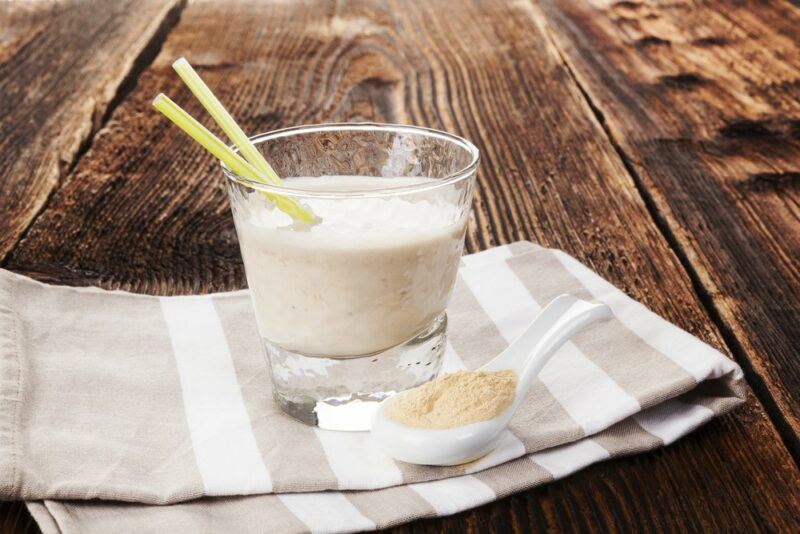
Sugar
Protein shakes vary dramatically in their sugar content. Some may have no sugar at all and rely on alternative sweeteners instead. Others have just enough to provide a little sweetness.
However, other products have an extreme amount of sugar, like 20 grams of sugar per serving or even more. This makes them taste excessively sweet and negates many benefits from protein shakes.
After all, too much sugar isn’t healthy at all. Sugar has been linked to all kinds of problems, including increased risk of obesity and diabetes, not to mention inflammation.
Protein shakes that are high in sugar tend to contain plenty of calories too. The high calories increase the chance that you’ll gain weight from the shake rather than losing it.
You Don’t Know What You’re Getting
With protein shakes, you really need to trust the label. There’s no way to tell exactly what is in the product, which is a serious problem, as the supplements industry isn’t heavily regulated.
Some companies try to cut corners by including fillers in their products or using a cheaper type of protein powder than the one they advertise. Even more alarmingly, there’s the risk of contamination, where there could be toxic chemicals in your protein shake.
The limited regulation means that the FDA largely leaves it up to companies to test their own products. If you want to be confident, look for protein shakes and protein powders that have been tested by a third party. This way you get a clear idea of what’s in the product and what isn’t.
They’re Not A Whole Food Product
Whole foods, like fruits, vegetables, legumes, seafood, and meat, are always your best choice. They’re nutrient-dense and packed with a wide range of vitamins, minerals, antioxidants, and other beneficial compounds.
You’re often getting a good balance of fat, carbs, and protein at the same time.
Protein shakes aren’t the same at all. They’re refined and often rely on additives. Some do have vitamins and minerals, but these have been added in.
These differences mean that protein shakes can never be as powerful as whole foods. They’re still useful from time to time, but you should be getting the bulk of your nutrients elsewhere.
Can Promote Unhealthy Eating Habits
Using a protein shake instead of a meal can help with weight loss in the short term and can be a useful option for when you’re short on time. But, this isn’t a pattern you should follow daily for a long time. Doing so puts you at too much risk of nutritional deficiencies and creates bad habits.
Even if you choose the best protein shake possible, real food is still going to be healthier.
Protein shakes are a particular problem for teens, people who have had an eating disorder, and anyone else who is vulnerable. It’s easy to end up feeling like drinking shakes and skipping meals is healthier, even if doing so makes you hungry – a pattern that can quickly lead to an unhealthy relationship with food.
The Potential For Allergies
Allergic reactions can occur from many foods, including protein shakes. In fact, protein shakes can contain some of the major allergens, including soy, eggs, or cow’s milk.
Thankfully, the source of protein will be clearly marked on any product. There are also many types of protein powder, so you should be able to find some that you’re not sensitive to.
Side Effects
You can also get side effects from protein shakes. This sometimes happens because you were allergic to one of the ingredients, like drinking a whey protein shake when you’re lactose intolerant.
The amount of protein can give you gastrointestinal side effects too, like stomach cramps and nausea. These side effects are most common if your protein intake was low previously. To avoid these side effects, try starting slowly with protein shakes. Don’t suddenly go from no protein shakes all the way up to one with 20 or 30 grams of protein per serving.
Listen to your body too.
If you’re getting regular side effects from a protein shake, it’s time to try something else. You don’t need to know what is causing the reaction to know that the product isn’t your best choice.
Too Much Protein
Protein is important, there’s no doubt about that, but this doesn’t always mean that more is always better. Increasing your protein intake won’t help much if you’re already getting more than enough protein from your diet.
Too much protein could even be a bad thing, especially if you’re eating large amounts of protein. You could even end up eating three or four times the recommended daily intake for protein each day.
What that means for health is hard to know. There aren’t many studies that look at following high protein diets in the long term.
As always, you’ll need to decide what this means for yourself. Consider how your body responds to protein shakes and the amount of protein that you’re getting elsewhere. This should help you work out whether protein shakes are right for you.
How Do You Get The Most Benefits From Protein Shakes?
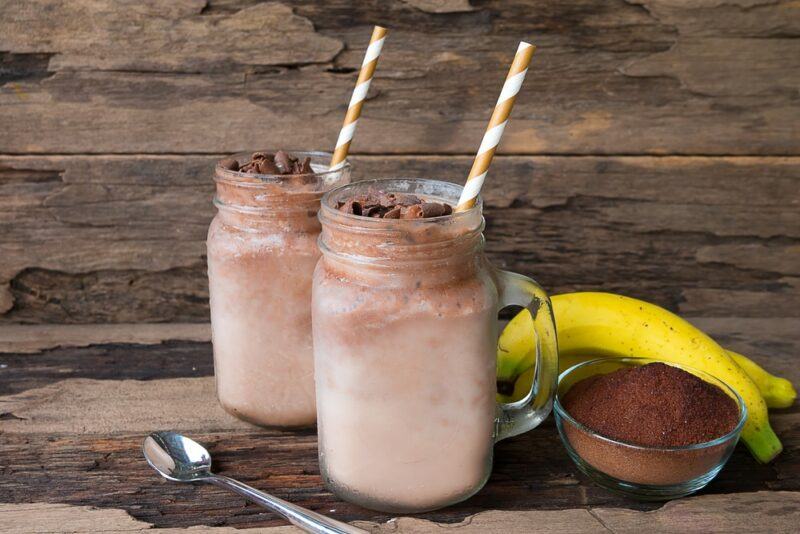
Like many foods and drinks, protein shakes can be helpful or harmful. Which they are for you depends on the product that you choose and how you use the shakes.
Choose Your Product Well
The best protein shakes keep processing to a minimum and don’t rely on artificial ingredients. Look for brands that have short ingredient labels. Some will have a strong focus on being natural, which should mean that the product is less processed. Even so, it’s always important to double-check, as marketing can be misleading.
Pay attention to the nutrients too. You don’t want a protein shake that has lots of sugar and hardly any protein. That won’t help you much at all.
Whenever possible, make protein shakes yourself from protein powder. Such shakes are less processed than anything pre-prepared. Besides, mixing protein powder and milk takes barely any time at all.
Think About The Protein Source
Protein shakes rely on one or more sources of protein. This might be from an animal, like whey, casein, or egg protein, or it might be plant-based instead, like rice, pea, or soy.
Each source of protein shines in some areas and not in others. For example, whey protein is a poor choice if you’re lactose intolerant and many people will avoid soy protein because of the controversy that surrounds soybeans.
You may be interested in where the company gets its protein from and how they process it. High-quality companies should be up-front with this type of information. And, as a general rule, the more information a company provides, the more trustworthy they are.
Don’t Rely On Them Too Heavily
While protein shakes have their advantages, they’ll never be as good as eating real food. You’ll get many more benefits from eating regular meals packed with nutrient-dense ingredients, including vegetables, legumes, whole grains, meat, fish, and the like.
Because of this, protein shakes are best used every so often – perhaps as a backup for days when you have no time and no energy to prepare food. In that situation, protein shakes can be perfect.
If you want to use shakes daily for weight loss, try to only do so in the short-term, perhaps for a month or two at most.
If you want to use shakes for longer or if you have a health condition, it’s best to talk to your doctor before turning to the shakes. Your doctor will be able to tell you whether shakes are a good choice for you and help you keep an eye out for issues and side effects.
Add Other Healthy Ingredients
Making a protein shake is as simple as adding protein powder to milk. But, this isn’t your only option. Shakes can be just like smoothies, except that you’re relying on creamy ingredients, rather than making them heavily fruit or vegetable based.
You might try ingredients like cocoa powder, nut butter, or cinnamon to make your shake a little more interesting. These ingredients all contain beneficial compounds.
Be Careful If You Order A Shake
Some stores will sell healthy protein shakes, while others won’t. You might even get a calorie-packed drink that’s basically a milkshake with a little protein powder added.
Other places might include frozen yogurt as an ingredient. This should like it should be healthy, yet frozen yogurt adds extra fat that you don’t need, and many products are packed with sugar too.
Final Thoughts
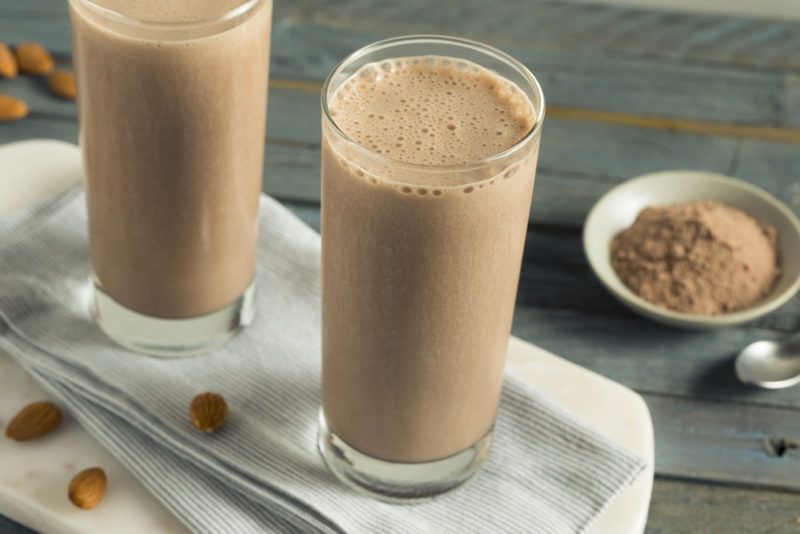
Protein shakes have a bit of a health halo these days, one that isn’t fully deserved. Sure, the shakes can promote health in a variety of ways, like helping you to lose weight and increase your nutrient intake.
Still, the shakes are also highly processed. Many use artificial additives and sweeteners, while others are packed with calories instead.
It’s best to treat protein shakes as an occasional beverage. This way you still get the benefits, but you’re not creating poor eating habits or exposing yourself to too many concerning ingredients.
Frequently Asked Questions
How Long Do Protein Shakes Last?
If you mix them yourself, a protein shake should last for up to 24 hours in the fridge. You may need to remix the shake before drinking it though, as some of the ingredients will separate out. Some people keep the shakes longer, up to 72 hours, although the quality tends to decrease after the first 24 hours.
Shakes don’t last as long at room temperature. Their quality quickly decreases and they taste less appealing after just an hour or two.
Pre-prepared protein shakes are different. These often include stabilizers and other additives, so they’ll last much longer. Many products are also shelf-stable, so they don’t need to be refrigerated until you’ve opened them.
Is It Good To Drink A Protein Shake Every Day?
Drinking a protein shake every day is safe and could even be good for you. Many people find the shakes an easy way to boost their protein intake or to keep calories in check.
However, a daily shake habit is only healthy if you’re getting all the nutrients and protein you need from other meals. If this isn’t the case, you could end up deficient in some areas, which puts your health at risk.
Are Protein Shakes Good For You If You Don’t Work Out?
Protein shakes aren’t just used for working out and gaining muscle. Some people use them as weight loss tools instead, while others use them as a nutrient boost for times when a full meal isn’t realistic.
All of these uses can be healthy. The trick is to think about your needs. If the protein, nutrients, or calories in a shake can help you, then yes, a protein shake can be good for you. If this isn’t the case, then it’s best to skip protein shakes entirely.
How Do You Make Protein Shakes Thicker?
The best way to make thick protein shakes is to start with protein powder and prepare the shake yourself. Using milk instead of water is a good first step. Coconut milk is particularly good here as it’s so creamy.
Blending an avocado or a banana into the shake helps too. Both fruits give you a creamy consistency, while adding plenty of antioxidants and nutrients as well. You can also add nut butter or ice in the same way. Chia seeds are useful as well, although these create a distinctive texture.
A premade protein shake is a little different, as you can’t change the type of liquid used. However, you can dump the shake into a blender and use avocado, banana, nut butter, ice, or chia seeds.
What Happens If You Only Drink Protein Shakes?
In the short term, you’ll probably experience side effects like fatigue, nausea, and diarrhea, as your body adjusts to getting nutrients just in liquid form. You’re likely to experience long-term health issues as well, as protein shakes often don’t contain all the nutrients you need to live.
You’d fare better by focusing on nutrient-dense meal replacement shakes. But, even then, you’d be short on fiber, antioxidants, and some other plant-based compounds. You might also be getting a decent amount of additives from the shakes.
If you choose the right product, you might be able to survive and do well enough with just protein shakes. Protein shakes with plenty of fiber, all the nutrients you need, and some antioxidants are the most powerful choices here.
However, this will never be the optimal way to live. You’ll always get better outcomes by relying on real food.


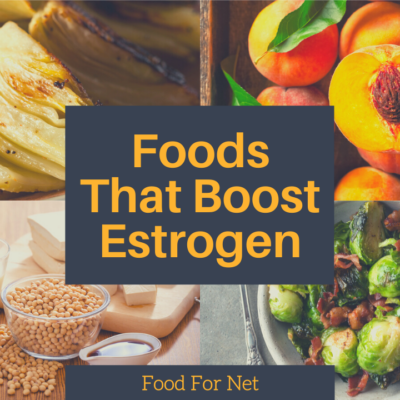


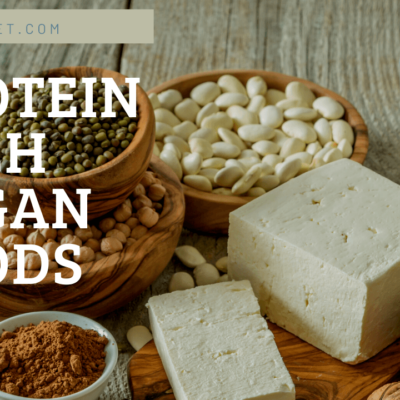
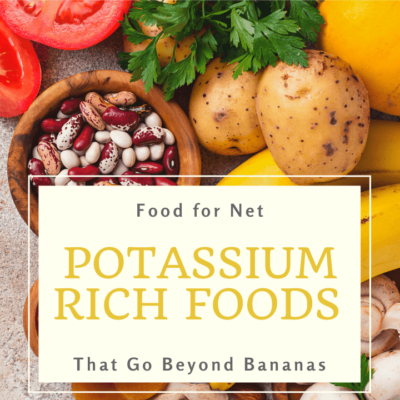



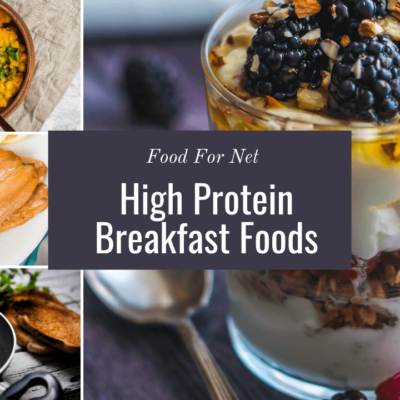


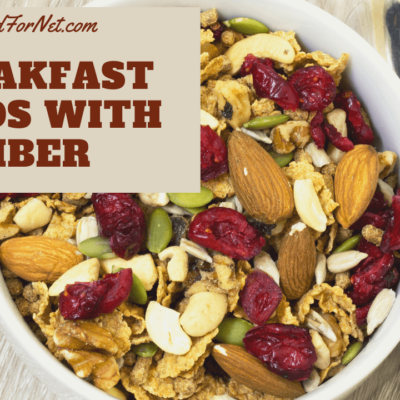
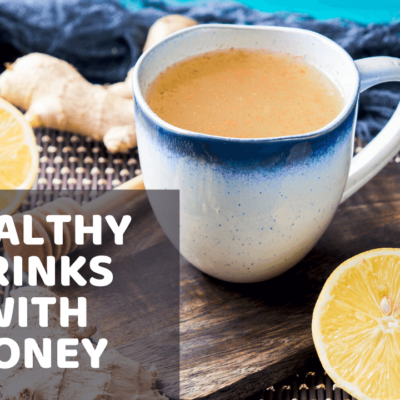


 The Best American Brandy
The Best American Brandy
Leave a Reply